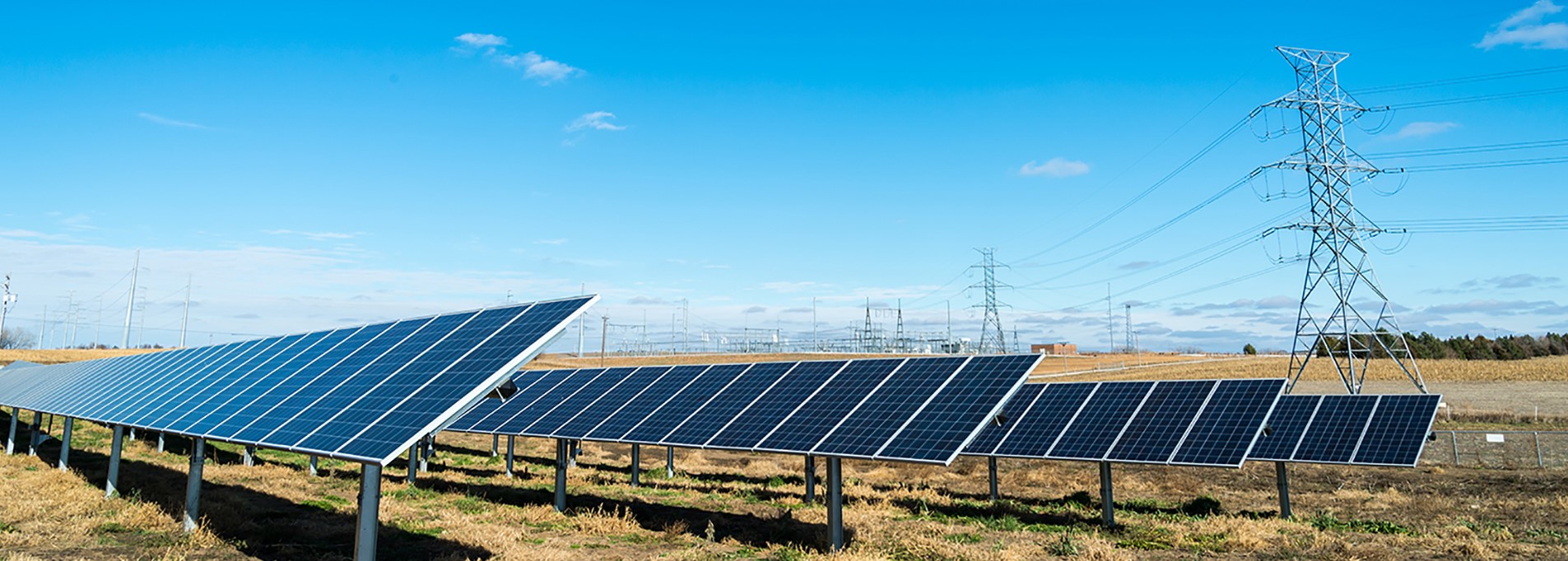Renewables Didn't Cause California Blackouts, Experts Correct the Record
Wednesday, Aug 26 2020

CAISO, CPUC & California Energy Commission | Joint letter to Governor Gavin Newsom
“Collectively, our organizations want to be clear about one factor that did not cause the rotating outage: California’s commitment to clean energy. Renewable energy did not cause the rotating outages. Our organizations understand the impacts wind and solar have on the grid. We have already taken many steps to integrate these resources, but we clearly need to do more. Clean energy and reliable energy are not contradictory goals.”
Leah Stokes, Assistant Professor of Policy at UC Santa Barbara | Op-ed in The Atlantic
“Yet some people refuse to acknowledge that climate change is the cause of the problems California is facing. The Wall Street Journal published a misleading editorial blaming the state’s reliance on renewable energy for the outages.
“In reality, several fossil-gas plants unexpectedly went offline when the heat wave struck, resulting in less available power. Gas plants can struggle to operate in the heat. In an ironic twist, burning fossil fuels will become less reliable in our hotter world. And California’s grid is connected to other states’, so when a heat wave spikes electricity demand from Arizona to Nevada, that leaves less power to import. With lower rainfall and many years of drought—again, caused in part by climate change—many of the state’s hydropower plants were also underperforming.”
Seth Hilton, Partner at Stoel Rives | Op-ed in Utility Dive
“The causes of the rolling blackouts on August 14 and 15 may be numerous and complex, but few of those reasons have anything to do with California’s shift to more renewable generation. Fundamentally, the challenges faced by CAISO this past week and a half were significantly exacerbated by climate change. California, and the rest of the western United States, were impacted by an unprecedented heat storm that saw record-breaking temperatures across the West. This heat wave drove high load, including air conditioning load that may have been exacerbated by COVID-19 restrictions confining many people to their homes...
“... For renewable resources, solar performed exactly as expected. While CAISO must contend with large ramps as solar generation comes off the system in the evening, CAISO has been focused on addressing these challenges for years.”
Steve Berberich, CEO and president of CAISO | Statement to reporters
“Renewables are not a factor. If anything, the state needs more renewables, backed by extensive deployment of batteries.”
Craig Lawrence, Managing Partner at Energy Transition Ventures, PhD in Mechanical Engineering, Stanford University | Twitter
“Texas has more combined solar + wind capacity than California, hotter average temperatures, and way more air conditioning. The problems on the California grid are not caused by renewables.”
Peter Gleick, climate and water scientist, US National Academy of Science | Twitter
“California's rolling blackouts had nothing to do with "renewables" as some claim. They resulted from poor planning & management, grid failures, & on top of it, #climate change that cut water for hydropower & hot weather that derated natural gas plants.”
Rick Umoff, senior director and counsel for California at the Solar Energy Industries Association | Barron’s
“No, solar is not the cause of the California rolling outages. Solar generation in California continues to produce as expected and ramps down in the evening every day, giving grid operators ample opportunity to use other generation sources to meet energy demand. If we want to use renewable power in the evening hours and to meet peak energy demands, policy makers need to move quickly to incentivize both residential and utility-scale energy storage. Without continued progress on regulatory reforms, energy storage deployment in California will continue to stall, keeping the state reliant on fossil fuels that much longer.”